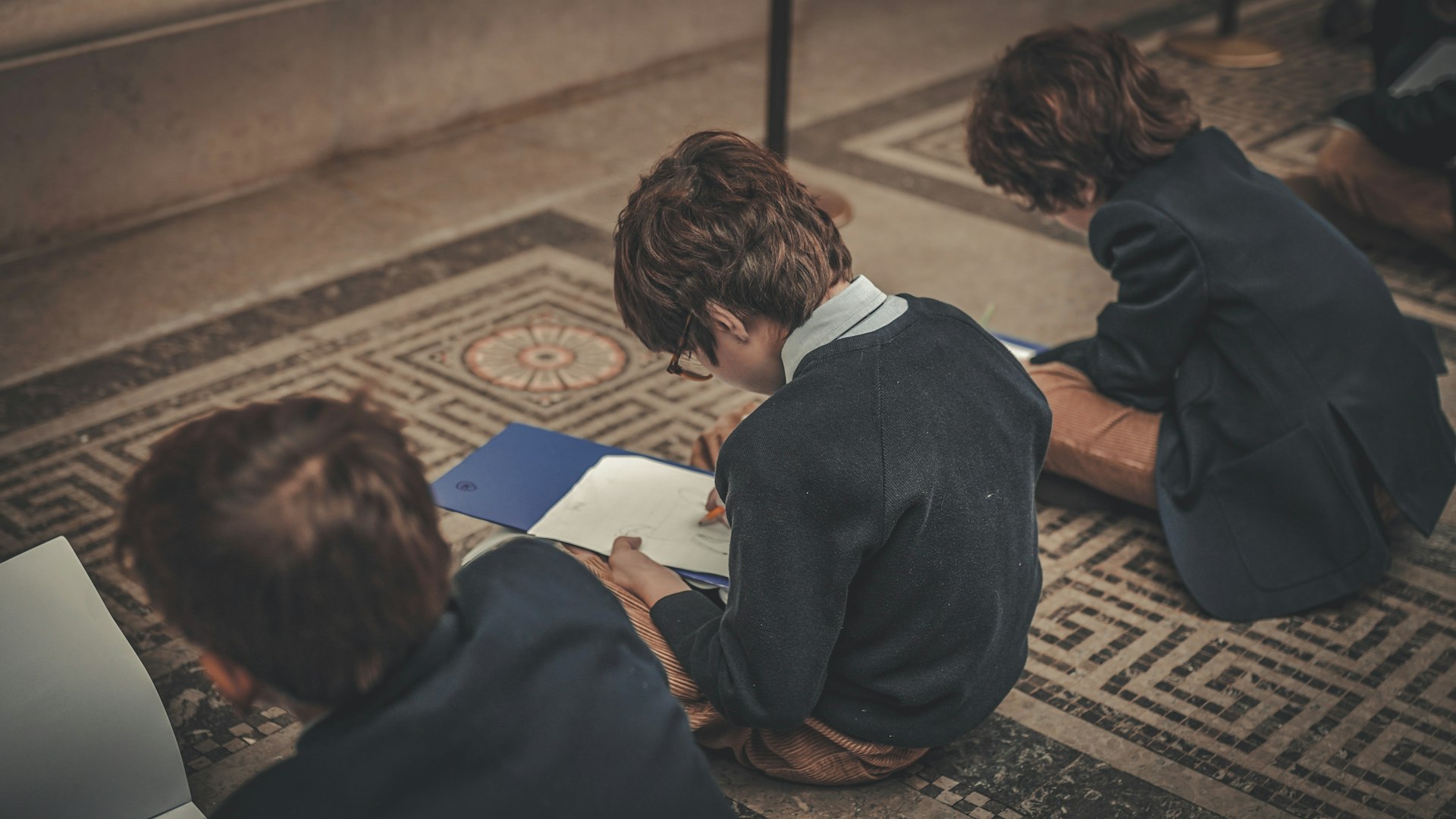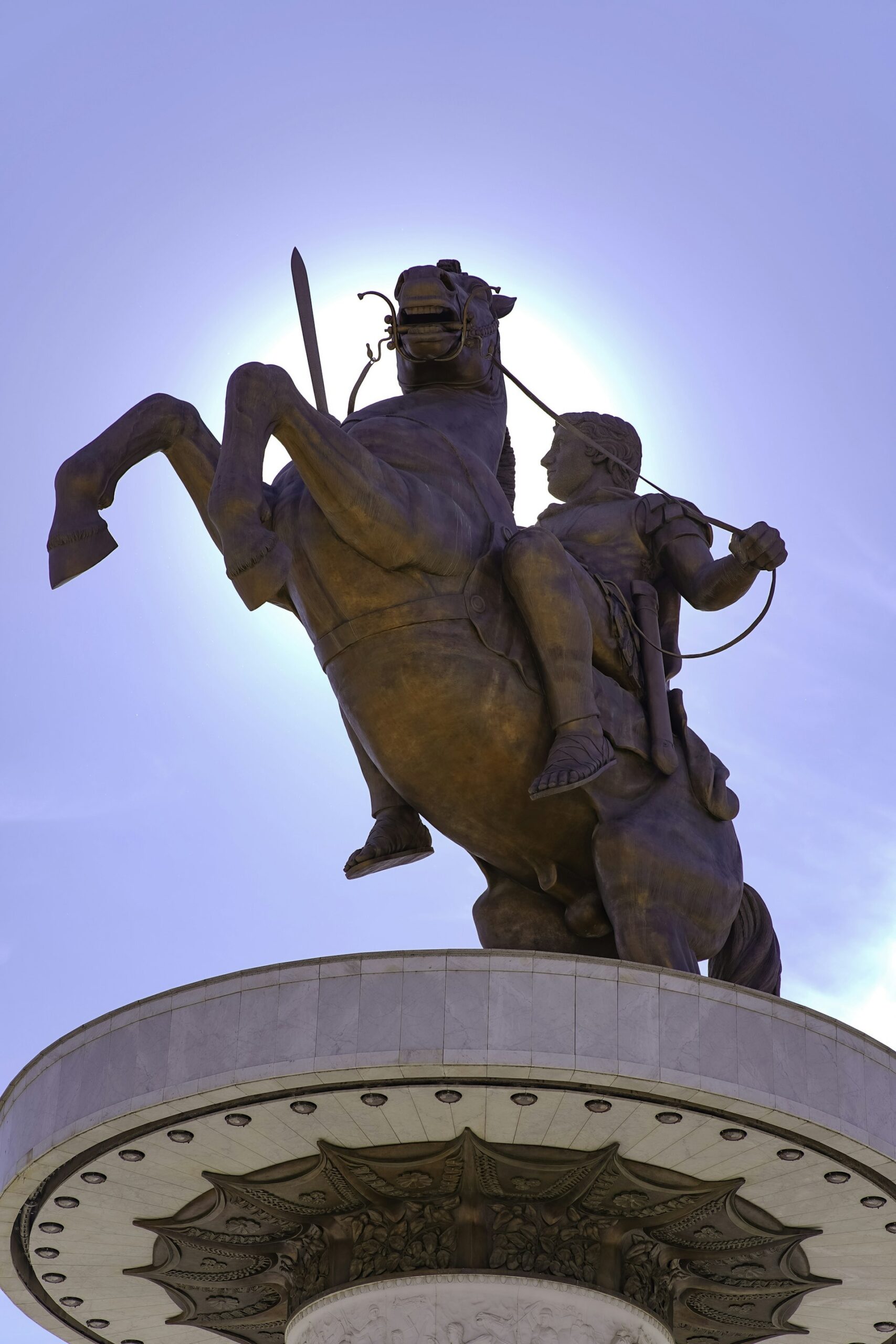How Family Traditions Shape Cultural Identity and Strengthen Bonds

Photo by Tien Vu Ngoc on Unsplash
Introduction: Why Family Traditions Matter
Family traditions are more than just routines-they serve as the backbone of cultural identity and connection across generations. In today’s fast-paced, globalized society, these rituals provide stability, a sense of belonging, and a tangible link to our roots. Understanding and preserving family traditions can help individuals and families navigate change, retain cultural heritage, and foster stronger relationships.
The Role of Family Traditions in Cultural Identity
Family traditions are essential in shaping personal and collective cultural identity. Through repeated rituals-be it holiday meals, storytelling, religious practices, or even weekly family nights-individuals learn the values, beliefs, and customs unique to their heritage. These activities instill a sense of purpose and pride, especially for children, who develop a deeper understanding of where they come from and what makes their family distinct. Cultural traditions, such as celebrating specific holidays or preparing ancestral recipes, give families a tangible way to honor their history and pass it on to future generations. [1] [2]
Building Strong Family Bonds Through Traditions
Regularly practiced family traditions foster deep connections among family members. Whether it’s an annual trip, a traditional Sunday meal, or a shared bedtime story, these rituals provide opportunities for meaningful interaction. Research indicates that families who engage in frequent traditions report a stronger sense of unity and trust. These experiences help bridge generational gaps, allowing younger members to connect with grandparents or extended relatives in memorable ways. A study by the University of Oxford found that active involvement of grandparents in family traditions can lead to greater well-being and fewer emotional or behavioral problems among children. [3]
Creating a Sense of Stability and Security
Consistency is comforting, especially for children. Family traditions offer a predictable structure that can help reduce stress and anxiety. Knowing that there are established rituals-like decorating for holidays, participating in family game nights, or observing religious ceremonies-provides children and adults alike with a sense of security in an unpredictable world. This stability is linked to improved mental health and a greater sense of control over one’s life. [4] [5]
Fostering Belonging and Identity
Participating in family rituals reinforces a sense of belonging. For many, these traditions are the primary way they feel connected to both immediate family and a broader cultural group. For example, an immigrant family may celebrate traditional holidays from their country of origin, helping children feel rooted in their heritage even when living far from ancestral homelands. Psychologist Marshal Duke’s research has shown that children with knowledge of their family’s stories and traditions display higher self-esteem and resilience. [2] [3]
Steps to Preserving and Creating Family Traditions
To actively preserve and create meaningful family traditions, consider these actionable steps:
- Identify Existing Traditions: Take inventory of the rituals your family already practices. These could range from annual celebrations to simple daily routines.
- Explore Your Heritage: Learn about the customs and traditions of your ancestors. This may involve talking to older relatives, researching cultural histories, or using genealogical tools to trace your roots. Many libraries and cultural centers offer resources to help families uncover and revive lost traditions.
- Start New Rituals: If certain traditions have faded or no longer fit your family’s lifestyle, create new ones that reflect your values and interests. The key is consistency and meaning-whether it’s a monthly family outing, a shared meal, or unique ways of celebrating milestones.
- Document and Share Stories: Encourage storytelling. Recording family stories-either in writing, audio, or video-ensures that personal and cultural history is preserved for future generations.
- Engage All Generations: Involve children, parents, and grandparents in planning and participating in traditions. This not only strengthens bonds but also ensures that rituals evolve to remain relevant.
Community organizations, cultural associations, and religious groups can be valuable resources for families seeking guidance or inspiration. If you’re unsure where to begin, consider searching for local heritage festivals, community centers, or genealogy workshops in your area. Libraries often provide free access to ancestry databases and cultural history programs.
Overcoming Challenges in Maintaining Traditions
Modern life can make it difficult to maintain family traditions. Busy schedules, geographic separation, and cultural assimilation all pose challenges. To address these obstacles:

Photo by Long (lTiga) Nguyen on Unsplash
- Be Flexible: Traditions can be adapted to fit new circumstances. If in-person gatherings are not possible, consider virtual celebrations or rotating responsibilities among family members.
- Prioritize Communication: Keep open lines of communication about which traditions matter most and how they can be maintained or adjusted as families grow and change.
- Encourage Participation: Make traditions inclusive and fun so that all family members are motivated to take part.
- Stay Open to Evolution: Allow traditions to evolve naturally over time. The most lasting rituals are those that remain meaningful and accessible to everyone involved.
Families facing additional barriers-such as recent immigration, blended family structures, or loss of elders-may benefit from seeking support through cultural organizations, local community centers, or counseling services specializing in family dynamics.
Alternative Approaches to Family Traditions
Not all families share the same heritage or have the opportunity to maintain traditional rituals. For those seeking alternative approaches:
- Create New Traditions: Combine customs from multiple cultures or invent entirely new rituals that reflect your family’s unique experiences and values.
- Join Community Events: Participate in local or cultural festivals and activities, which can provide a sense of belonging and help families build new traditions together.
- Leverage Technology: Use digital platforms to connect with extended family, share stories, and celebrate milestones, even across long distances.
These alternatives ensure that every family, regardless of background or circumstance, can experience the benefits of shared traditions and strengthen their cultural identity.
Key Takeaways: The Enduring Value of Family Traditions
Family traditions are critical for reinforcing identity, providing stability, and fostering connection across generations. They give individuals a sense of belonging, help children build resilience and self-esteem, and ensure that cultural values and stories are preserved. Whether by maintaining cherished rituals, adapting to new realities, or creating entirely new customs, families can actively shape a meaningful and enduring cultural legacy.
References
- [1] Ancestrum (2023). The Importance of Family in Preserving Cultural Identity.
- [2] Art of Manliness (2022). The Importance of Establishing Family Traditions.
- [3] Brunswick Crossing (2021). 3 Powerful Reasons Why Family Traditions Matter.
- [4] WebMD (2022). Why Family Traditions Matter.
- [5] eLearningK12 (2023). The Importance of Family Traditions in Building Strong Bonds.
MORE FROM jobzesty.com













